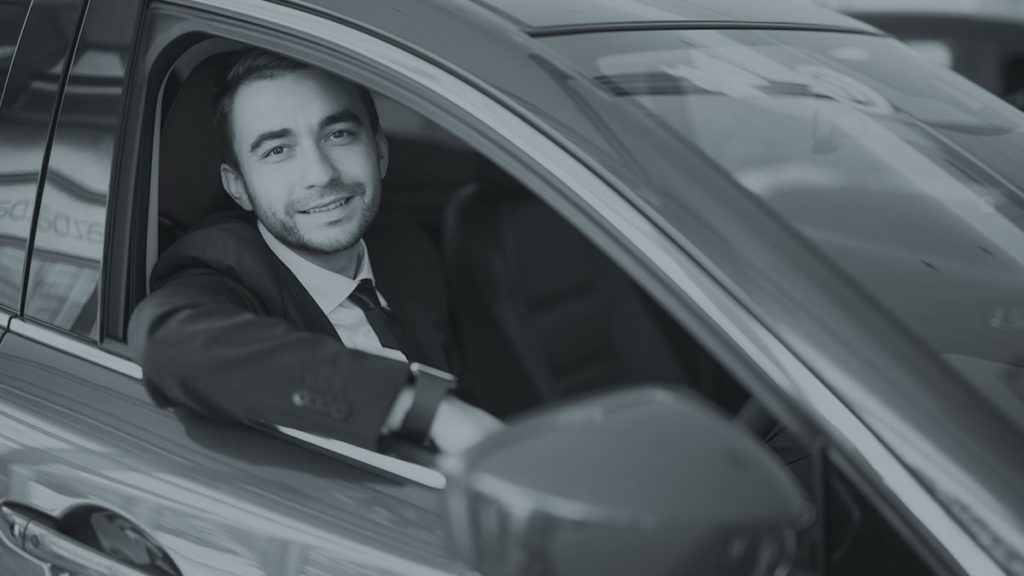Send your enquiry.
Contact us for a free, initial no obligation consultation.
"*" indicates required fields
Your information is safe and treated in accordance with our Privacy Policy
You can be prosecuted for certain motoring offences, even if you were not driving the vehicle. Failing to name the driver is one example. Others include allowing your vehicle to be driven by someone who is not insured, using your phone while supervising a learner driver, and taking points on behalf of another person.
Motoring defence solicitors – England and Wales
If you are being prosecuted for a motoring offence and you want expert legal advice, contact us now at Ashmans Solicitors. We specialise in motoring defence law and can help you. We are available to take your call 24 hours a day, 7 days a week.
Prosecuted when you weren’t the driver?
In the majority of motoring cases, the person who is prosecuted was driving a vehicle at the time of the alleged offence. But in certain situations, you can actually be prosecuted for breaking the law, even if you were not anywhere near a car.
So, how can this happen?
Failing to name the driver
A common example is that of failing to name the driver. When someone is caught on camera committing a motoring offence, the registered vehicle owner receives a Notice of Intended Prosecution (NIP) or Fixed Penalty Notice (FPN) through the post. The owner must then respond, stating who was driving the vehicle at the time. Failing to name the driver is a criminal offence in its own right. This means that if you do not name the driver, then you will be prosecuted.
You might be thinking: “I don’t know who was driving at the time”. If so, the law states that you must take reasonable steps to find out. You must not guess who it was. But you must apply ‘reasonable diligence’ to identify the individual. If you still cannot be sure, then you will have to prove to the court that you tried to uncover the driver’s identity, but that your efforts were not successful. You must convince the court that you applied ‘reasonable diligence’. Otherwise, you will be found guilty.
You will also have a defence if it was not reasonably practicable for you to respond by the deadline given by the police. For instance, you might have been in hospital, meaning you could not have read your post and replied within the allocated time frame. If you do not respond to an NIP/FPN because you failed to update your address with the DVLA, then the police will likely say that fault lies with you.
Failing to disclose the identity of a driver carries up to six penalty points and a maximum fine of £1,000. The court also has the discretion to disqualify you.
Related: Failing to Name the Driver – The Pitfalls
Allowing your vehicle to be driven by someone who’s not insured
Another example is allowing your vehicle to be driven by someone who was not insured to drive it. This is something that often catches people out. When you give permission for someone else to use your vehicle, the onus is on both you and the driver to check that the necessary insurance is in place. People often assume that if they have fully comprehensive insurance, then anyone with a licence can drive it, especially if they are aged 25 or over. Actually, this is not always the case. It depends on the terms of the policy.
The police run routine checks on vehicles that are on the roads to see if they have insurance. A driver may also be stopped by the police and asked for their insurance certificate. If the certificate is not to hand, it must be produced at a police station within the next seven days. If the driver is found to be uninsured, then he or she will be prosecuted for driving without insurance. The owner of the vehicle may then be sent a Notice of Intended Prosecution for causing or permitting a person to use a vehicle without insurance.
However, there are ways to defend this charge. It could be that your insurer mistakenly downgraded your policy or made some other error that meant you did not have sufficient coverage. You may even have phoned your insurer to check whether an individual would be covered, only for the operator to give you the wrong advice. If something similar has happened to you, please contact our solicitors for advice.
Permitting someone to drive your vehicle without insurance carries between six and eight penalty points. You can also get a fine of up to £5,000 and a driving ban.
Related: What Happens If You Get Caught Driving Without Insurance?
Using your phone while supervising a learner driver
Thanks to legal changes made to the Highway Code in May 2022, you could also receive a £200 fine and six penalty points if you use your phone while supervising a learner driver. The law has become much stricter on what constitutes the ‘use’ of a mobile phone. In practice, there are very few circumstances in which you can actually touch your mobile phone while driving, or while supervising a learner driver. This means that you could be prosecuted for using a phone as a passenger, if a learner driver is at the wheel.
Taking points for someone else
Taking points for someone else is another situation in which you may be prosecuted, even if you were not driving the vehicle at the time. This scenario is a little different to those outlined above, as you claimed to be the driver, even though you knew you were not.
Accepting penalty points on behalf of someone else amounts to perverting the course of justice. This is a criminal offence which carries a custodial sentence of between three and 18 months. If someone has asked you take their points, you should refuse. Instead, get them to contact our motoring defence solicitors to discuss their options. There may be a way to minimise the consequences of their driving offence.
If you have been accused of perverting the course of justice, our criminal defence solicitors can help you.
Related: Penalty Points and Perverting the Course of Justice
Expert legal advice from experienced solicitors
These are some of the most common ways in which you can be prosecuted for a motoring offence, even if you were not the person driving the vehicle. If this has happened to you, we recommend getting early legal advice from our experienced solicitors.
Contact us now for a confidential discussion with our motoring defence lawyers. See our motoring defence fees page to find out more about our fixed fees.
Call us on 0333 009 6275. We are available to take your call 24 hours a day, 7 days a week.
You can also email us on enquiries@ashmanssolicitors.com or complete our Online Enquiry Form and we’ll be in touch soon.




